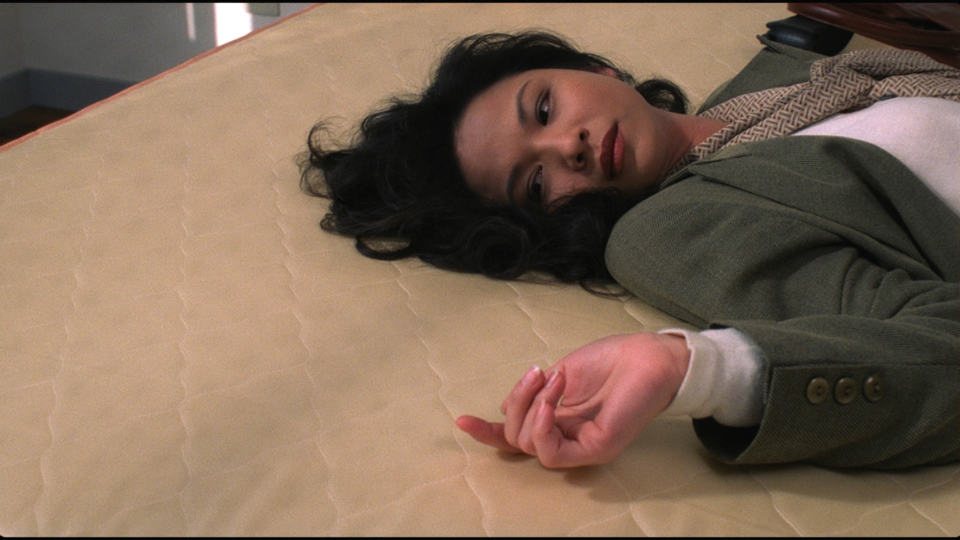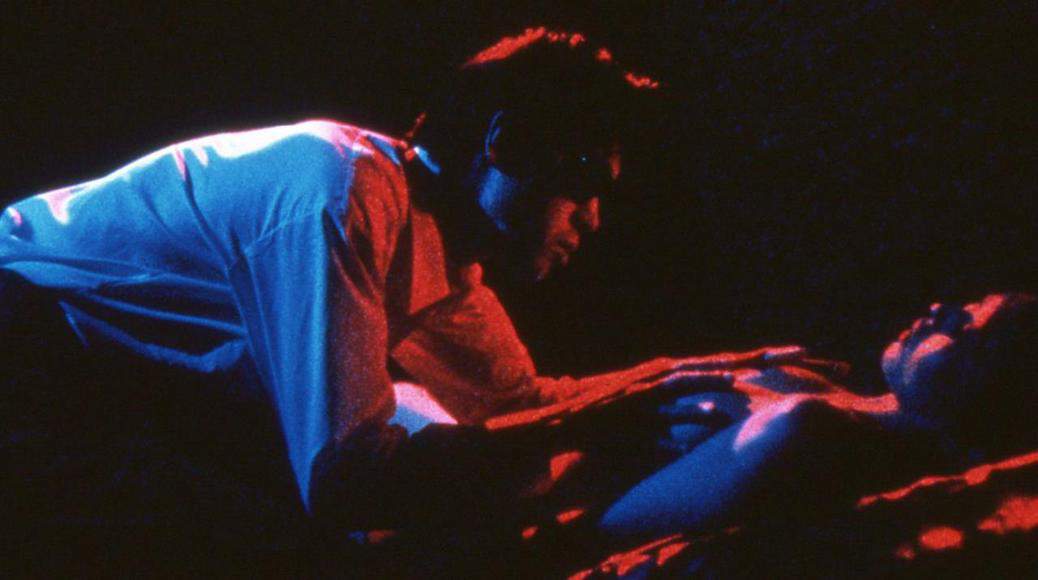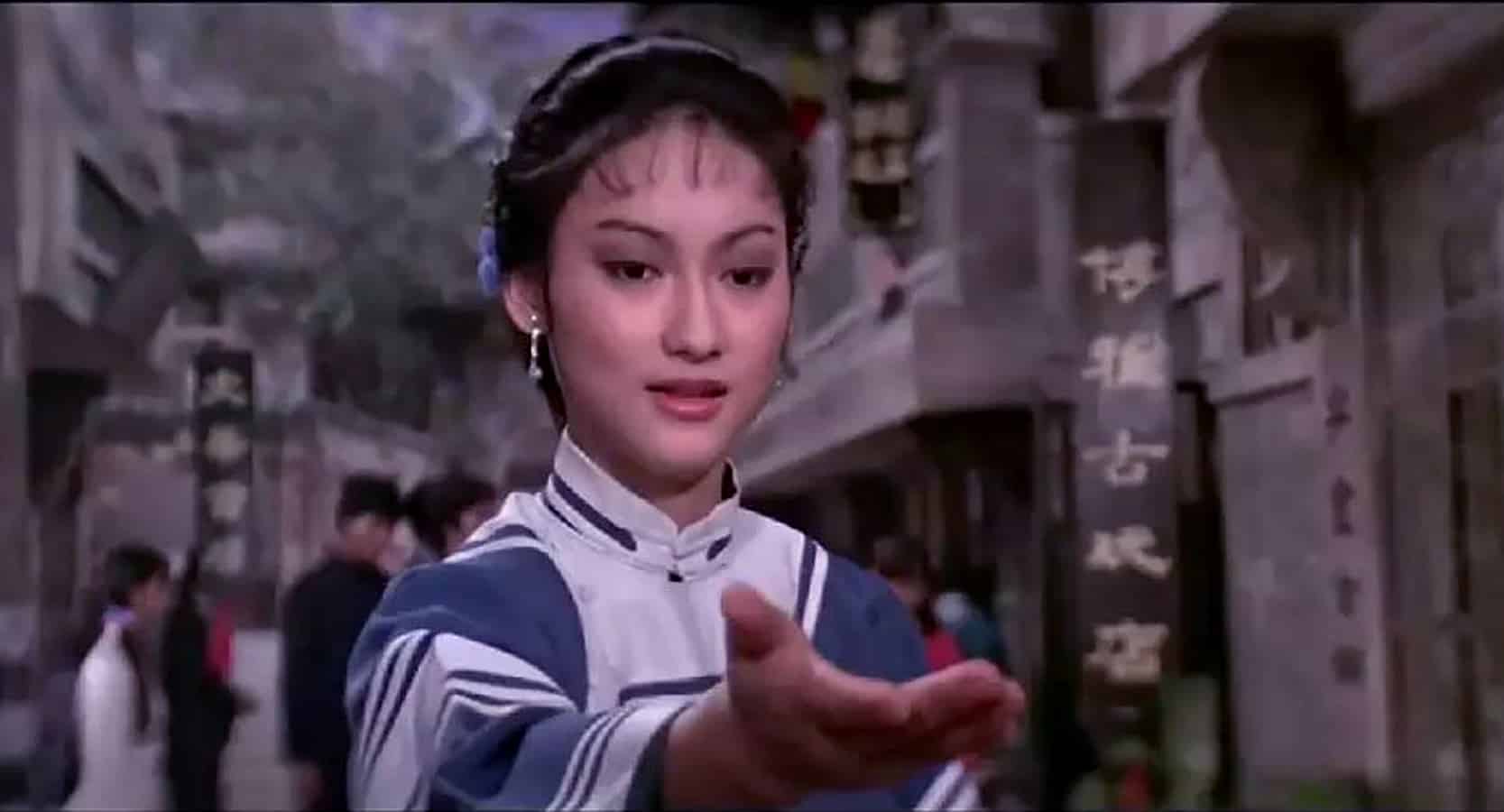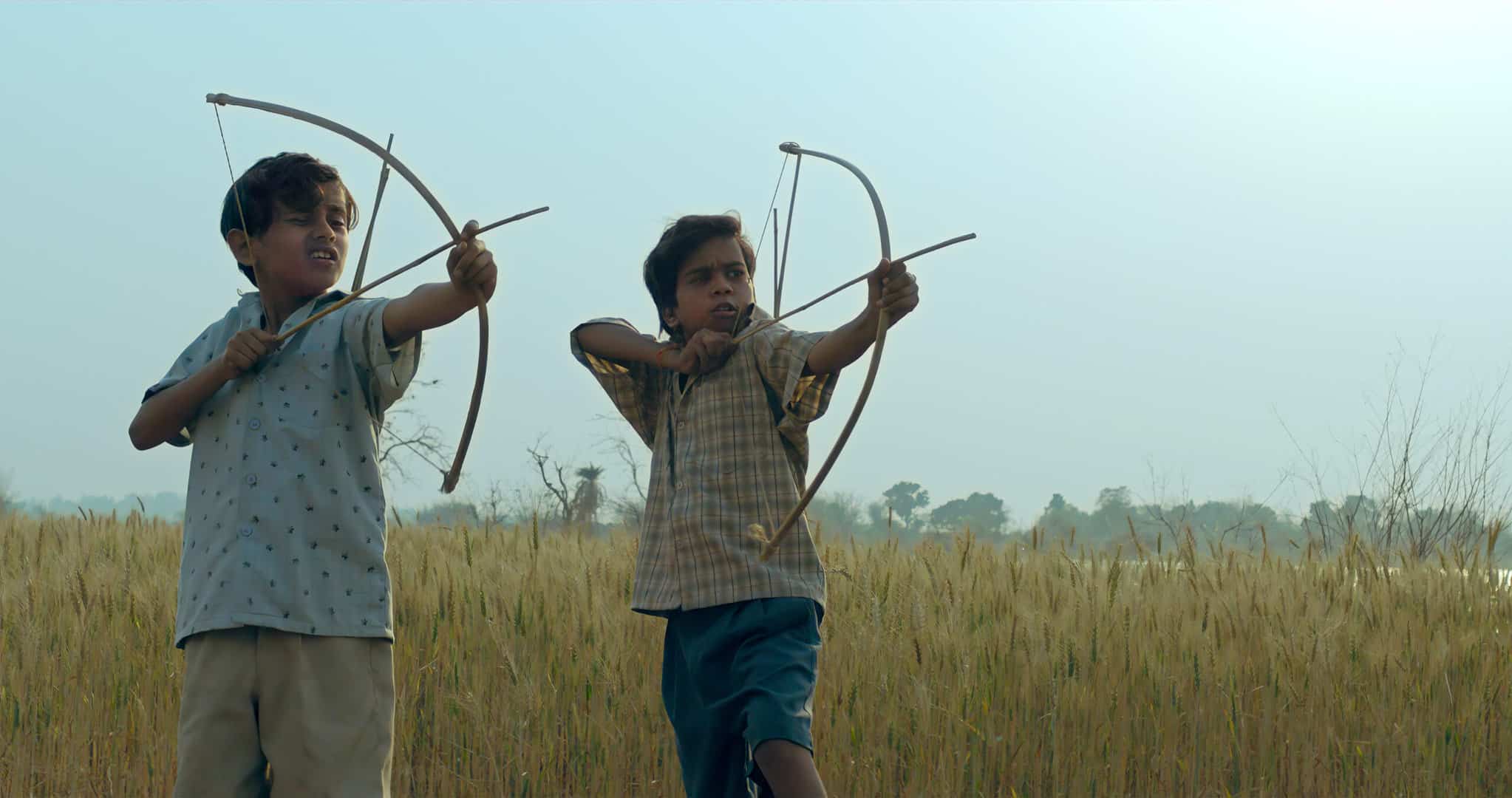There are two very evident characteristics when one deals with Japanese cinema. The first one is the intelligence in the way the story is composed and presented, which frequently extends to the style of humor. The second is that too many local filmmakers do not know where and when to end their films. Juichiro Yamasaki's “Yamabuki” definitely features both.
“Yamabuki” is screening at InlanDimensions

The script revolves around a series of characters, whose stories end up being interconnected. Chang-su is a former Olympic jockey for the South Korean national team, whose father's bankruptcy and the subsequent loans he left forced him to move to Japan to get work that would allow to pay back. There, however, he has found some measure of happiness, working in a quarry where he is about to receive a promotion, and caring for Minami and her infant daughter, Uzuki. That is until local policeman and single father Hayakawa decides to pick up a yamabuki, a yellow mountain flower that has the same name as his daughter, kickstarting a series of events that ends in a tragedy on a number of levels. At the same time, his daughter, perhaps in an act of defiance, has decided to protest for the Zainichi Koreans on the street, along with a group of middle aged and older people, “dragging” with her, a male classmate who is really in love with her. Eventually, all the stories come together, in a Shakespearean/fable style also involving a group of petty thieves…

Juichiro Yamasaki directs a movie that seems to revolve around the concept of cause and effect, as each character's actions impact the lives of the rest, and a small rock trekking down from a mountain through the foot of one individual can cause a disaster in the life of another. Through this prism, the way the lives of the many of the protagonists come together is one of the best traits of the movie, highlighting Yamazaki's direction and writing. The way he uses humor, particularly through the interaction of Yamabuki and her classmate is also great, lightening a movie that is essentially a drama, and thus adding to the entertainment it offers. Lastly, the way fate can affect people, again through the prism of cause and effect, giving and taking back a number of times particularly in the case of Chang-su, is impressively implemented within the narrative, inducing it with a sense of optimism that works quite well here.
The acting is also on a very high level. Kang Yoon-soo as Chang-su is great in the various transformations he undergoes throughout the movie, with the tragedy scene being the apogee of his performance. Yohta Kawase as Hayakawa is as convincing as always, highlighting, once more the fact that he can play any kind of role in the same level of quality. Kilala Inori as Yamabuki is equally good, frequently stealing the show with her impactful silences and the moments she breaks her seemingly apathetic demeanor.
Kenta Tawara's cinematography captures the bleakness in the lives of the characters realistically, and through grayish tones that seem to dominate the movie. A number of sequences, particularly the ones of explosions in the quarry are quite impressive to watch while the last scene depicting Yamabuki will definitely stay on the mind of anyone who watches the movie. The editing results in a relatively slow pace that fits the general aesthetics quite nicely, in a distinct art-house style that is also dictated by the almost complete lack of music.
The last part, however, as is unfortunately the case in many Japanese films nowadays, truly falters. The characters stop acting naturally, instead stating Yamasaki's opinions of various issues with a style that can only be described as on-the-nose, while the prolonged scenes of the finale, and their length, end up being annoying after a fashion, as the film could have a rather impactful finale much sooner. Yamabuki's mother's arc also seems quite disconnected from the rest of the narrative, as it adds a slightly surrealistic aspect, with the sum of all the aforementioned harming the essence the movie leaves in the end significantly.
Apart from this, though, “Yamabuki” is quite pleasant to watch for at least 75 of its 97 minutes, as Yamasaki's intelligence, great writing, and interesting comments truly shine, carrying the movie for the majority of its duration.














